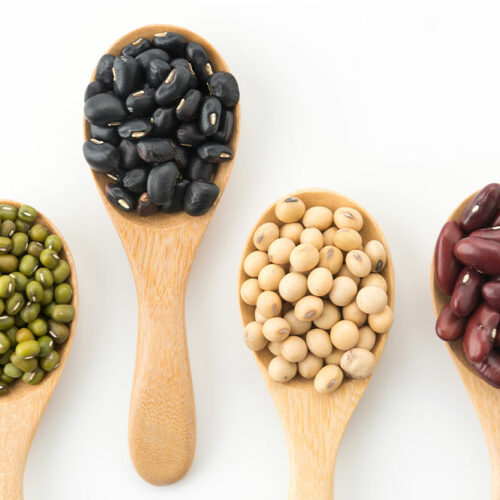Crohn’s disease and ulcerative colitis – Foods to avoid and management options

Inflammatory bowel diseases (IBD) such as Crohn’s Disease and Ulcerative Colitis can make it challenging for people to get the proper nutrition their body needs. However, the body may not digest or absorb the nutrients well, leading to malnutrition and other deficiencies. To avoid these troubles, it is essential to know the foods that can trigger inflammation and lead to flare-ups in people with Crohn’s Disease and Ulcerative Colitis and their treatment options. Foods to avoid for Crohn’s Disease and Ulcerative Colitis Some foods can trigger IBD symptoms and worsen inflammation. However, there’s no single chart that applies to every person with IBD. The condition can change over time. To understand current triggers, try to maintain a food diary to help patients track their state over time. Common culprits that may trigger flares of Crohn’s Disease and ulcerative colitis include: Caffeine Caffeinated drinks like coffee can worsen Crohn’s and UC symptoms, like diarrhea and stomach pain, by speeding up gut motility. Carbonated drinks Carbonation is gassy and can cause bloating, which can be an unpleasant symptom of IBD. Crunchy nut butter Nuts are sharp and complex to digest, irritating the lining of the intestines; therefore, opt for smooth nut butter instead.






